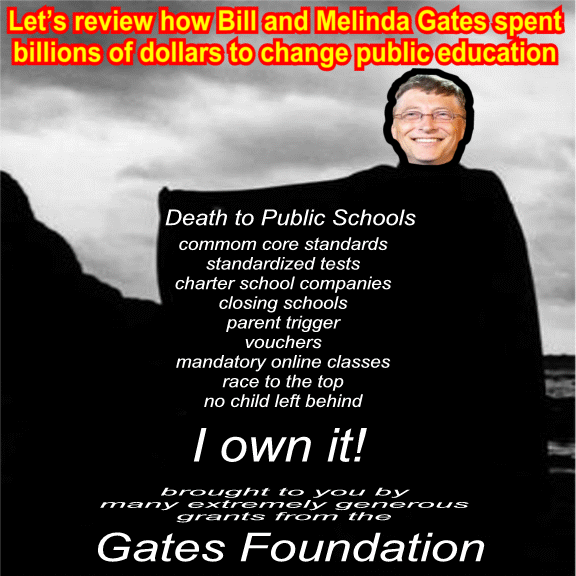Introducing a column by the Network for Public Education’s Carol Burris on the explosion this year of legislation across the 50 state legislatures to expand school privatization, the Washington Post‘s Valerie Strauss begins: “While many Americans see 2021 as the year that may bring back something close to normalcy after the coronavirus pandemic, it has instead been declared the ‘Year of School Choice’ by the American Federation for Children, an organization that promotes alternatives to public education and that was once headed by Betsy DeVos. Anyone who twas thinking that the departure of DeVos as U.S. education secretary would stem the movement to privatize public education should think again. In numerous states, legislatures have proposed or are considering legislation to expand alternatives to the public schools that educate most American schoolchildren, often using public funding to pay for private and religious school.”
In the piece that follows, Carol Burris examines the contention by Paul Petersen, the Harvard government professor who Burris reminds us is “a longtime cheerleader for market-based school reforms,” and Jeanne Allen who runs the Center for Education Reform, and who, “has never been shy in her hostility toward unions and traditional public schools,” that the legislatures considering school choice are doing so because parents are angry that public schools shut down during the pandemic.
Burris demonstrates that Petersen and Allen are wrong. The states most active in promoting privatization are instead places where legislatures have tipped toward Republican majorities and in some cases Republican supermajorities. And they are states where well-funded CONTINUE READING: School Privatizers Attack a Central Institution of American Democracy | janresseger































